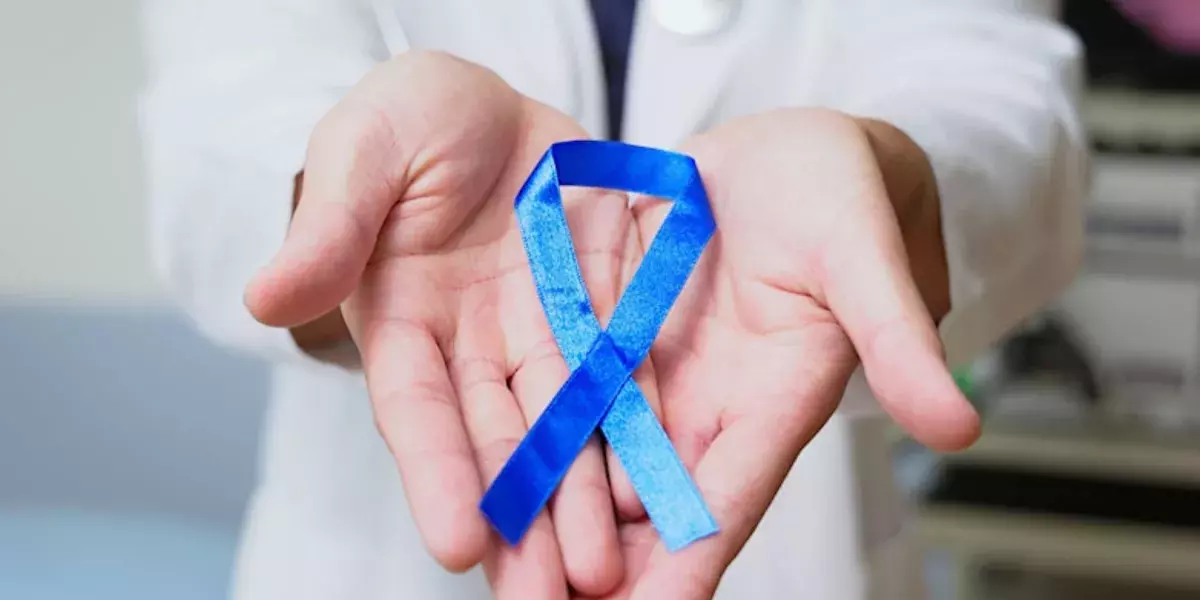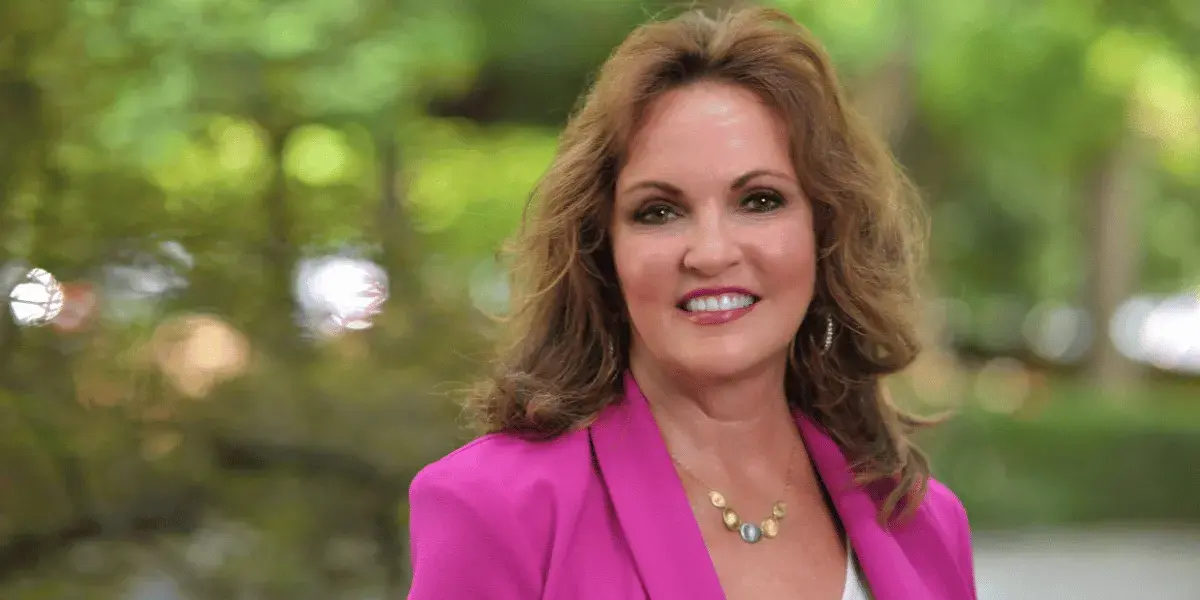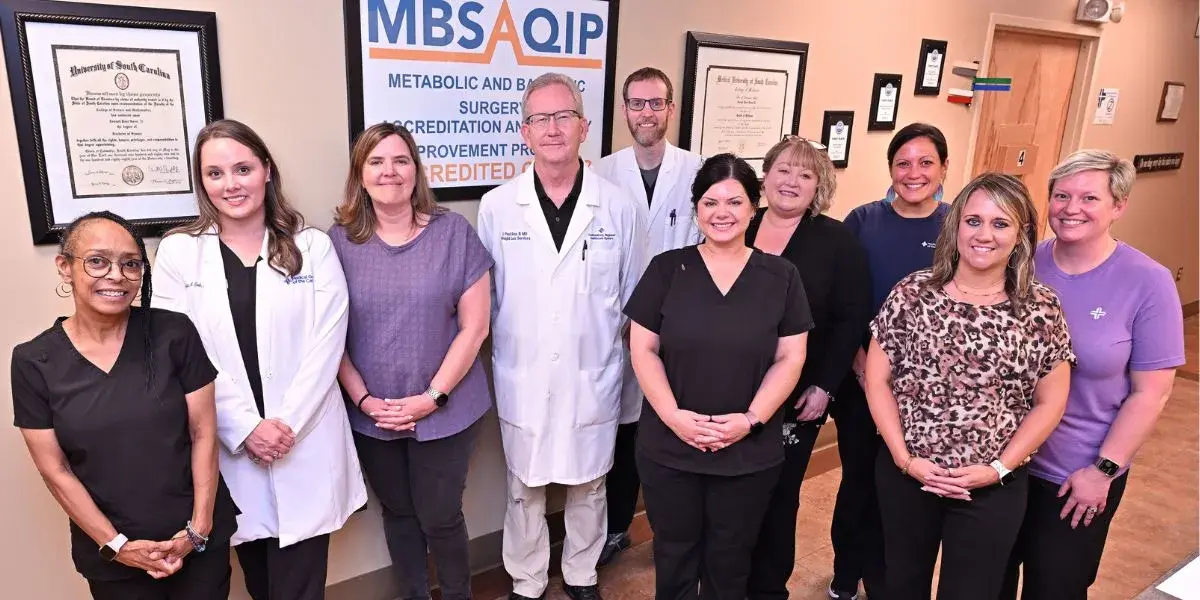
‘The best nap’: Why a simple colonoscopy is worth it
The most common feedback physicians receive from their colonoscopy patients is either that the procedure was much shorter than they expected or that “it was the best nap” they ever had.
Unlike some fast-growing and difficult-to-detect cancers, colorectal cancer is slow growing and detectable through polyps that can change into cancer over time.
A routine colonoscopy starting at age 45 is the best way to detect polyps and stay healthy, said Dr. Beattie, a gastroenterologist with Medical Group of the Carolinas – Gastroenterology – Spartanburg.
“Our hope is that as we find these tiny little polyps that take years and years to grow into cancers, we can remove them and prevent cancer from ever being a part of your life,” he said. “We can not only detect cancer, but we can also detect polyps and remove them before they turn into cancer.”
Colonoscopies involve anesthesia and are relatively short procedures with minimal, if any, discomfort. Dr. Beattie said the discomfort for most patients is in the preparation process, which mainly requires patients to drink a liquid leading up to the appointment to ensure the bowel is emptied.
Without a colonoscopy screening to detect and remove polyps, those who develop colorectal cancer can experience bleeding, iron deficiencies, change in bowel habits and inconsistencies in stool. Those symptoms are not clear markers of colorectal cancer, but patients should talk to their doctors for further testing and treatment if experiencing those symptoms.
When colonoscopies do discover cancerous cells, gastroenterologists refer to surgeons and oncologists to ensure patients discuss cancer treatment options as soon as possible.
Dr. Andrew Taylor, a general surgeon with Medical Group of the Carolinas—Cherokee Surgical Associates, routinely performs colon cancer procedures, as well as other operations and screenings.
He said the guidelines for screenings changed in order to detect colon cancer earlier to remove polyps that develop.
"It's very important," he said. "Now, starting at age 45, we recommend a screening colonoscopy for everybody to check and make sure you don't have colon cancer or catch it early so we can treat it and keep people going."
Dr. Gareth McGee, Medical Group of the Carolinas – Division of Surgery – North Grove, emphasized the importance of the system’s multi-disciplinary team of providers and experts who meet weekly to discuss the best treatment options based on each patient.
“We have a process when it comes to colorectal surgery,” he said. "Everything is very protocol-driven, and it makes it nice and standardized, which helps patients and eliminates some of the confusion.”
Dr. McGee always reminds his patients that when diagnosed with colorectal cancer, it’s a marathon, not a sprint.
“First, you have your colonoscopy, and you’re diagnosed with cancer. Then you have your treatment, and as you recover from your treatment, we start your surveillance to keep a close eye on you and make sure that you stay cancer-free,” Dr. McGee said. “We are going to take care of you.”
Those with a family history of colorectal cancer are at higher risk of developing the cancer themselves, but living an active lifestyle and avoiding processed foods are great steps toward prevention.
To schedule your colonoscopy, contact Medical Group of the Carolinas – Gastroenterology – Spartanburg at 864-573-7511.












